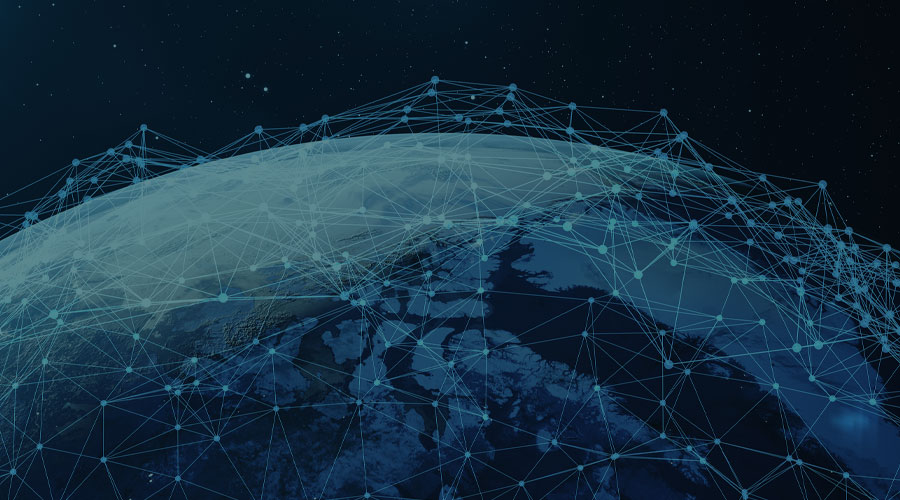In January, Robert F. Smith participated in a panel at The Davos Agenda gathering to discuss digital inequities that the past year has exposed and exacerbated. The World Economic Forum described the importance of the panel and noted our current landscape where “almost half of the global population, some 3.6 billion people, remain offline and broadband services are too expensive for 50% of the population in developed countries.”
The massive “connectivity gap” is why the World Economic Forum convened the panel and is launching the Essential Digital Infrastructure and Services Network, or EDISON Alliance. The group’s formation marks the first cross-sector alliance working to close the digital divide with the help of prominent leaders across multiple industries.
The alliance will be overseen by a board featuring Hans Vestberg, Chairman and Chief Executive Officer at Verizon, who will serve as Chair of the Alliance. Joining Vestberg are Paula Ingabire, Rwanda’s Minister for ICT and Innovation; Ajay Banga, Mastercard Executive Chair; Shobana Kamineni, Executive Vice-Chairperson of Apollo Hospitals Group and Robert F. Smith, Founder, Chairman and CEO of Vista Equity Partners.
Robert F. Smith believes that economic opportunity is the foundation for innovation. In remarks about the newly-formed alliance, Smith said: “Connectivity is oxygen for opportunity. The global pandemic laid bare the divide between those who are connected and the billions who are not. Just as we push for equitable access to clean air and water, we also need to scale up access to broadband, devices, and digital literacy, which are onramps to education, healthcare, financial services and human empowerment.”
The Ongoing Work to Close Gaps
In the past, Smith has worked to reduce similar structural inequities. He has consistently spoken out about the wealth gap experienced between Black Americans and white Americans. According to research by The Brookings Institution, the net worth of a typical white family in the U.S. is nearly ten times greater than that of a Black family. These inequaties do not happen by accident — they are a result of centuries of marginalization, including redlining, discrimination in education and employement and the prominance of banking deserts in communities of color. Just like the “connectivity gap,” the wealth gap will not improve without innovative thinking and a persistent investment to improve the problem.
These inequalities often compound on top of each other. In 2020, a study from Deutsche Bank showed that Black and Hispanic Americans experience a “racial tech gap,” which limits their opportunities for employment, education and more. The study found that, especially in urban areas, Black and Hispanic communities were a decade behind white communities in terms of access to technology. To address the wealth gap, we must address both the tech and connectivity gaps in the United States and around the globe.
The EDISON Alliance plans to focus primarily on increasing digital inclusion in healthcare, education and financial services in 2021. On the alliance’s priorities, Ajay Banga, Mastercard Executive Chair, said “there is no Internet of everything without the inclusion of everyone.” That thinking will guide this group’s work to create an internet of everyone, for everyone.
Visit the World Economic Forum website to learn more about the EDISON Alliance partners, their ongoing work or to get involved.






